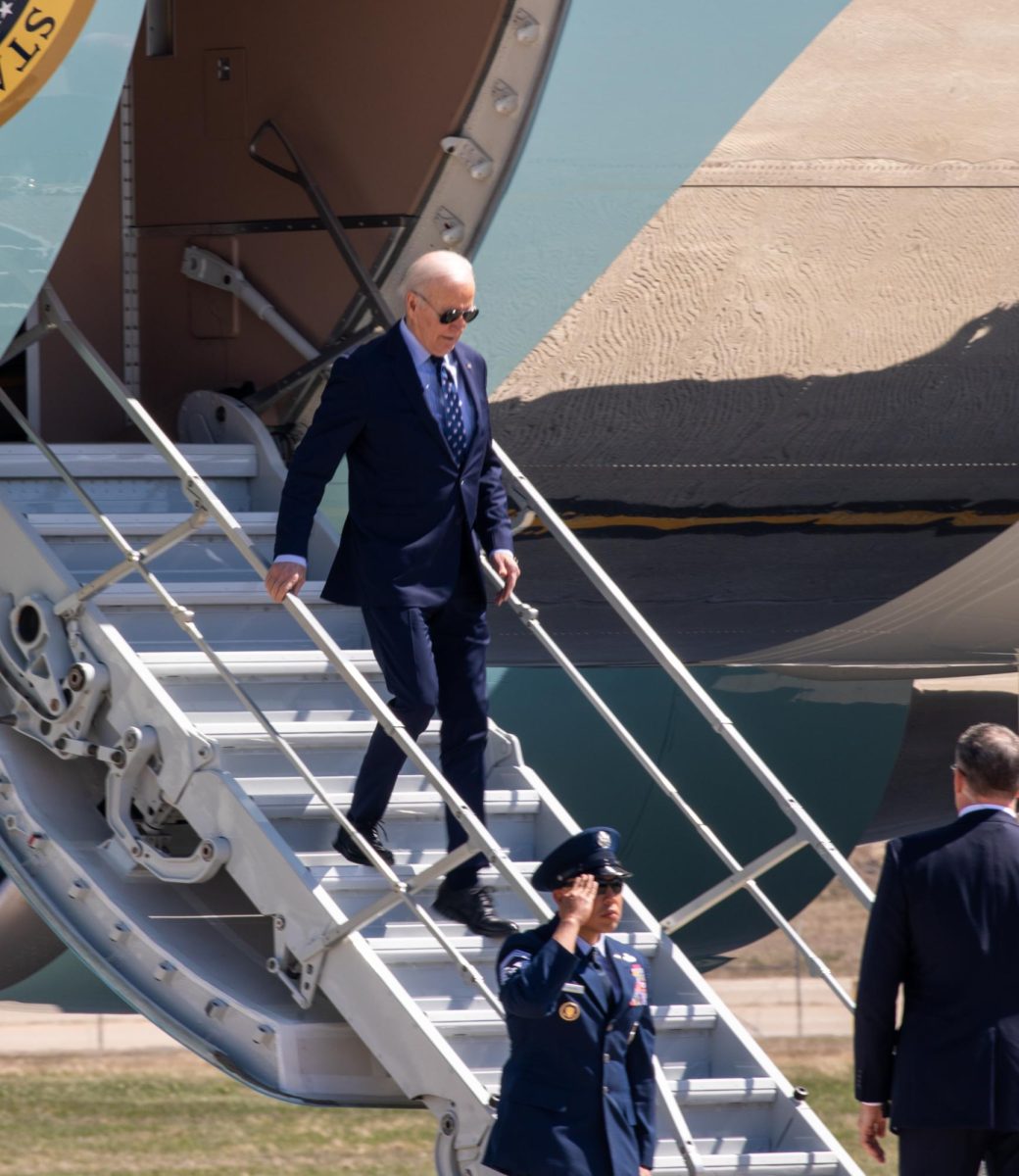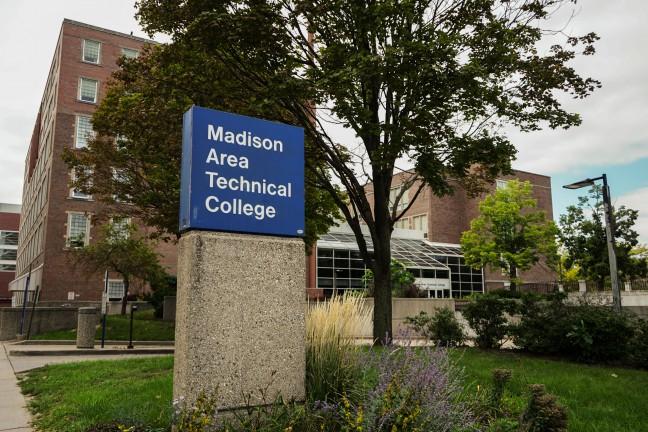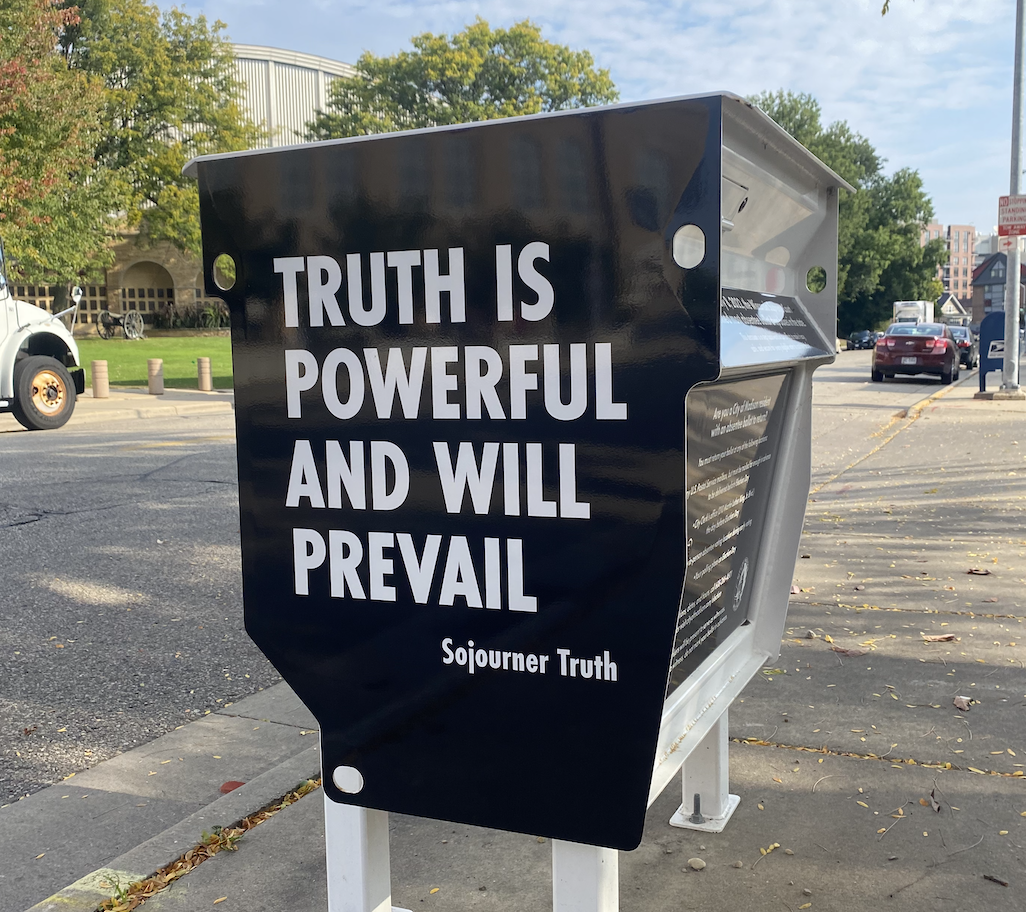In December 2004, workers at a garment factory named Hermosa in Apopa, El Salvador began to organize themselves into a union. These workers were sewing clothing for Adidas and for years had been mistreated by factory management, facing "discrimination [against] organized workers and others who were pregnant, exhausting shifts of up to 15 hours without a break for food, and sexual harassment," according to a statement released by the factory workers two years later. The factory owner made it clear that anyone who spoke out against these illegal practices would be fired. In April 2005, the unionized workers asked the Salvadoran Ministry of Labor to investigate the conditions at the factory. Within a month, the factory owner informed the workers that production at the Hermosa factory would cease, and the workers were suspended. The factory never reopened, and the workers were terminated. The former Hermosa workers are now owed close to $1 million in the form of legally due severance, pension funds, outstanding wages and overtime payments. Despite demonstrations by the Hermosa union and international pressure, neither the factory owner nor Adidas has done anything to compensate the workers. In fact, 63 trade union members have been placed on a blacklist, making it impossible to find other work in the area. In the face of clear violations of Salvadoran and international law as well as Adidas’ own code of conduct, how did the multinational apparel giant respond? It chose to do nothing. Despite being fully aware of the labor rights violations at Hermosa, the executives at Adidas seemed perfectly content to continue supporting a factory where workers' rights were systematically violated. For Adidas, this is no isolated incident or bizarre aberration on an otherwise spotless human rights record. For Adidas, this gross violation of worker rights is business as usual. In October 2005, at an exclusive Adidas supply factory in Indonesia named PT Panarub, 33 workers were fired simply for going on strike. In 2006, thousands of unionized workers in Indonesia were laid off without compensation, when Adidas pulled its orders. In fact, through years of unscrupulous business practices and indifference toward the plight of workers producing its apparel, Adidas has gained the unfortunate reputation as one of the worse abusers of human rights in the apparel industry. However, as students at a Big Ten university, we find ourselves in a uniquely empowering position. The University of Wisconsin holds an exclusive sideline contract with Adidas — worth millions of dollars –which guarantees that every UW athlete, from our football players to our gymnasts, wears a uniform with an Adidas logo. Written into every apparel contract the university signs is a labor code of conduct spelling out the university’s expectations of its licensees. Any violation of the code of conduct by a university licensee constitutes material breach of contract, and the university reserves the right to unilaterally sever that agreement. Last semester, the Student Labor Action Coalition along with other student groups and many community members began demanding that UW cut its exclusivity agreement with Adidas. In February, the university’s own Labor and Licensing Policy Committee examined the Hermosa situation and established that Adidas had indeed violated the university’s code of conduct and voted unanimously to recommend that UW cut the Adidas contract. By cutting its contract with Adidas, UW can send a powerful message not just to Adidas but to the entire university apparel industry: Worker exploitation will not be tolerated by students or their universities. By cutting the Adidas contract, we can show support for and declare solidarity with the 63 former Hermosa union leaders, as well as every worker who sews Bucky Badger clothing. Unfortunately, UW Chancellor John Wiley has ignored the demands of students for fairly made clothing and even spurned his own committee to reject their recommendations. Through it all, Mr. Wiley has obstinately ignored the chorus of voices calling for justice and remained steadfast in his support of sweatshop conditions and worker exploitation. By continuing to do business with Adidas, Mr. Wiley is embarrassing our student body, shortchanging our athletes who are forced to wear Adidas' clothes and marring UW's good name with the foul stench of corporate greed and worker exploitation. As UW students, we are heirs to a long, rich tradition of which we should be proud. We can lay claim to one of the most rigorous and respected university curricula in the country, some of the finest and most educated professors, the most exciting and competitive sports program in the Big Ten, a conscientious and socially active student body and a university with a historically strong commitment to social justice and responsibility. As UW students, we have the right to expect more from our university than sweatshop clothes for our athletes. Mr. Wiley: We can do better. Cut the Adidas contract now. Matthew Johnson ([email protected]) is a junior majoring in art history and is a member of the UW Student Labor Action Coalition.
Categories:
Your Adidas smell… like oppression
September 25, 2007
Advertisements
0
Donate to The Badger Herald
Your donation will support the student journalists of University of Wisconsin-Madison. Your contribution will allow us to purchase equipment and cover our annual website hosting costs.
More to Discover







